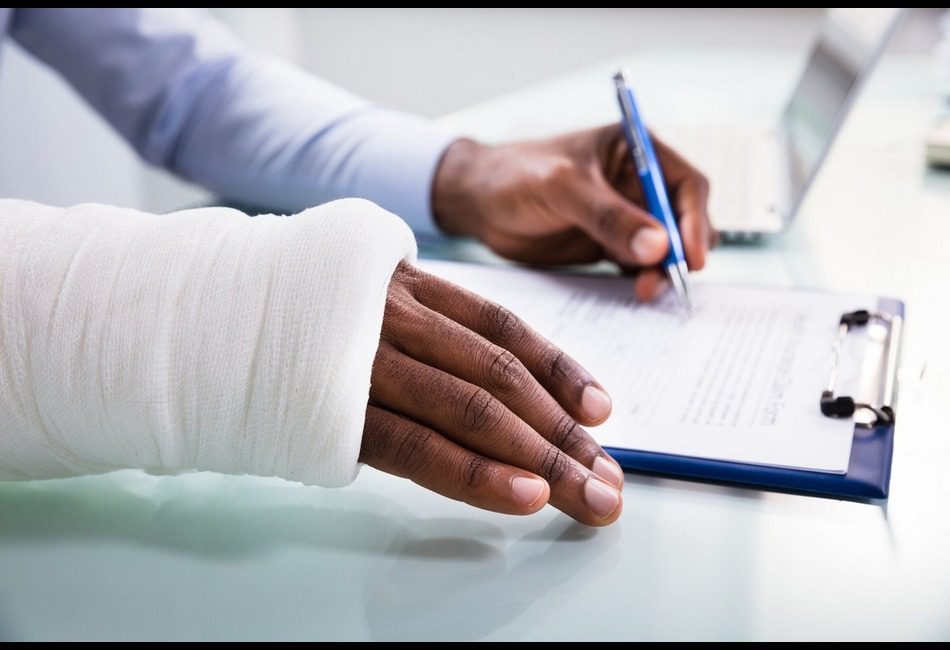Personal injuries can drastically alter your life, bringing both emotional distress and financial burdens. Understanding the essentials of personal injury compensation is crucial to navigating these turbulent times effectively. By taking informed steps after an accident, you can significantly influence the success of your claim. One of the most beneficial approaches is knowing the steps for filing a personal injury claim, which provides a solid foundation for seeking the necessary compensation.
This thorough manual delves into the essential elements of claims related to personal injuries. From distinguishing the types of injuries covered to appreciating the importance of evidence, these insights aim to assist you in making informed decisions. By understanding each step and executing it precisely, you’ll be better equipped to handle the complexities of legal compensation.
Introduction to Personal Injury Claims
Personal injury claims ensure victims receive the necessary support and compensation following an accident. These claims involve pursuing legal remedies when the injury results from another’s negligence or misconduct. Understanding your legal entitlements is crucial, allowing you to handle these circumstances more efficiently and resulting in a favorable resolution.
Common Types of Personal Injuries
Personal injuries can occur in various contexts, including car accidents, slips and falls, or workplace mishaps. Statistics show that motor vehicle accidents remain a leading cause of personal injuries, affecting millions annually. Understanding the types of injuries and the contexts in which they occur can be pivotal when filing a claim. Awareness of the scenarios that lead to injuries enables you to navigate legal claims more effectively and prepare necessary documentation and evidence.
Steps to Take After an Accident
Immediately following an accident, it is crucial to prioritize your health by seeking medical attention, regardless of the apparent severity of the injuries. Documenting the scene meticulously and gathering witness information while the details are fresh is equally vital. These immediate steps serve not only to prioritize safety but also to reinforce your potential legal claim with clear and compelling evidence.
Understanding the Legal Process
Initiating a personal injury lawsuit entails multiple legal steps, each demanding careful consideration. The journey usually starts with a preliminary meeting, which is followed by submitting the claim, engaging in possible settlement discussions, and, if required, pursuing legal action. It is essential to familiarize yourself with terms such as ‘statute of limitations,’ which dictates the timeframe for filing a claim.
Evaluating Compensation in Personal Injury Cases
Assessing the value of a personal injury case requires examining several elements, including healthcare costs, lost wages, and potential emotional pain. Insurance policies can significantly influence compensation, often necessitating detailed negotiations to achieve fair results. Understanding these components allows you to estimate compensation and prepare adequately for negotiations or court proceedings.
The Role of Evidence in Claim Success
Collecting robust evidence is critical in personal injury cases. This includes medical records, accident reports, and witness statements. Well-organized evidence supports your claim and can expedite legal processes. Solid documentation helps demonstrate the extent of injuries, correlate them with the accident, and illustrate negligence, thus strengthening your case considerably.
Mistakes to Avoid in Personal Injury Claims
Avoiding common pitfalls can significantly enhance your claim’s success. Missteps, such as poor communication with insurance providers, neglecting to document key details, or inadequate evidence management, can derail the process. To avoid these setbacks, ensure clear and timely communication, maintain organized documentation, and engage proactively throughout the process.
How Legal Guidance Can Benefit Your Case
Professional legal assistance plays an instrumental role in navigating personal injury claims. Experienced attorneys provide expertise that allows for thorough case evaluations and enables you to negotiate for optimal settlements effectively. Legal professionals can boost your confidence in handling the claim and increase the likelihood of a successful outcome.
